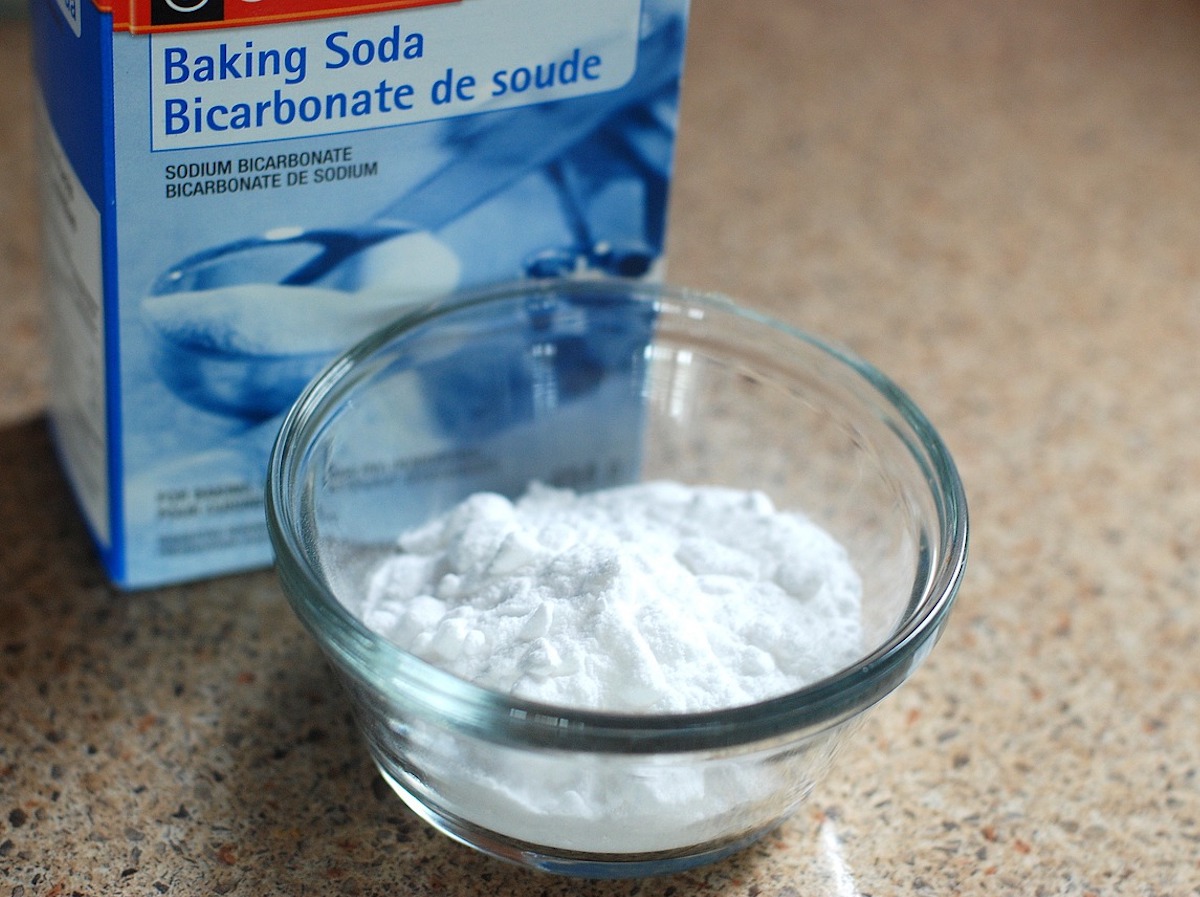Advertisement
Health
10 Symptoms of Kidney Disease You Should Know
Kidney disease, otherwise known as nephropathy, is a condition that results from damage to or disease of the kidneys. While it may feel like a nerve-wracking diagnosis, arming yourself with adequate knowledge can make the process significantly less scary so you can know exactly what to expect. Read through this list of symptoms if you think you might be suffering from kidney disease, and then be sure to contact your doctor who can make a formal diagnosis and get you treated properly!
Pain – Most people who suffer from kidney disease will not have severe symptoms until the disease is in the advanced stage because it tends to progress slowly. Nevertheless, one symptom that many have is pain, which can be found in different areas of the body. Some may experience nighttime muscle cramping, as well as swelling of the feet and ankles. Some patients may also experience chest pain if fluids build up around the lining of the heart.

Blood in Urine – Blood in urine (also known as hematuria) can be another fairly common symptom of kidney disease. When healthy kidneys filter waste from the blood to create urine, they typically keep blood cells in the body. However, if the kidney’s filters are damaged, blood cells begin to leak out into the urine. Hematuria can also be a symptom of other conditions, including tumors, kidney stones, or a kidney infection (such as a urinary tract infection; more on that later).
Frequent Urination – If you’re someone who has to get up in the middle of the night frequently to use the bathroom, you’re most likely just drinking water too late at night, but it could also be a sign of problems with your kidneys. This is because when the kidney’s filters are damaged it can create the urge to urinate more frequently. Frequent urination is also a common symptom of urinary tract infections, and in men it can be a sign of an enlarged prostate.
Urinary Tract Infection – Urinary tract infections (which are more common in women than in men) occur when bacteria travels up through the urinary tract. A person suffering from kidney disease may experience frequent UTIs because the kidneys are in a constant state of being inflamed, meaning they’re more susceptible to different types of infections. UTIs commonly come with symptoms like the frequent urge to urinate, cloudy or dark urine, and feeling as though the bladder is never completely empty.
Kidney Stones – Kidney stones are one potential cause of kidney disease due to the fact that they block the urinary tract over a prolonged period of time. The stones develop when there are more crystal-forming substances than the fluid in your urine is able to dilute. As such, a person suffering from kidney disease may simultaneously experience kidney stones. If you’ve ever had the misfortune of having to pass a kidney stone then you’ll know how painful the experience is and how it often leads to a trip to the emergency room. Unfortunately, the more kidney stones a person has in their life, the more likely they are to continue having them.

Headaches – Headaches are one common symptom of late-stage chronic kidney disease that may require dialysis or even a kidney transplant. A headache can occur alongside kidney issues because of toxic absorption from the inflamed kidney. Needless to say, if you find yourself experiencing headaches along with some of the other symptoms on this list, head to your doctor’s office as soon as possible to get the proper treatment! Those experiencing headaches as a result of kidney disease are typically recommended acetaminophen for occasional use, rather than aspirin, which can cause bleeding complications.
Skin Changes – Your kidneys do a lot more than you realize. In addition to removing waste and excess fluid from the body, they also make red blood cells, keep bones strong, and maintain the proper amount of minerals in your blood. If your skin is much drier and itchier than normal it could be a sign of what’s known as renal osteodystrophy, which is a condition that occurs when the kidneys can no longer maintain the correct balance of minerals and nutrients in the blood. Renal osteodystrophy often goes hand in hand with advanced kidney disease.
Fatigue – Like with many other ailments, fatigue is often a symptom of kidney disease. When kidneys lose their ability to function normally there can be a buildup of toxins and impurities in the blood, causing the sufferer to feel fatigued, weak, and unable to concentrate properly. Additionally, kidney disease can lead to anemia (a lack of red blood cells) which is notorious for causing fatigue due to reduced oxygen flow to the organs. Someone suffering from anemia may also experience lightheadedness, a fast heartbeat, or dizziness.

Nausea and Vomiting – Patients with kidney disease may experience nausea and/or vomiting as a symptom due to a buildup of uremic toxins or from taking specific medications. Over a period of time this can lead to unintended weight loss and difficulty taking necessary medications, so it’s important to try to minimize the amount of nausea you experience. You can try drinking ginger ale, eating smaller meals throughout the day, and sitting upright for at least an hour after eating.
Insomnia – It may seem ironic that in addition to feeling fatigued during the day, you may also have trouble sleeping at night. This is because a buildup of waste in the blood can cause some suffering from kidney disease to feel generally uncomfortable, leading to difficulties falling or staying asleep. Additionally, feeling fatigued during the day can tempt sufferers to take naps, leading to problems falling asleep at bedtime. Unfortunately, sleep-related problems are commonly undertreated among patients suffering from kidney disease.












